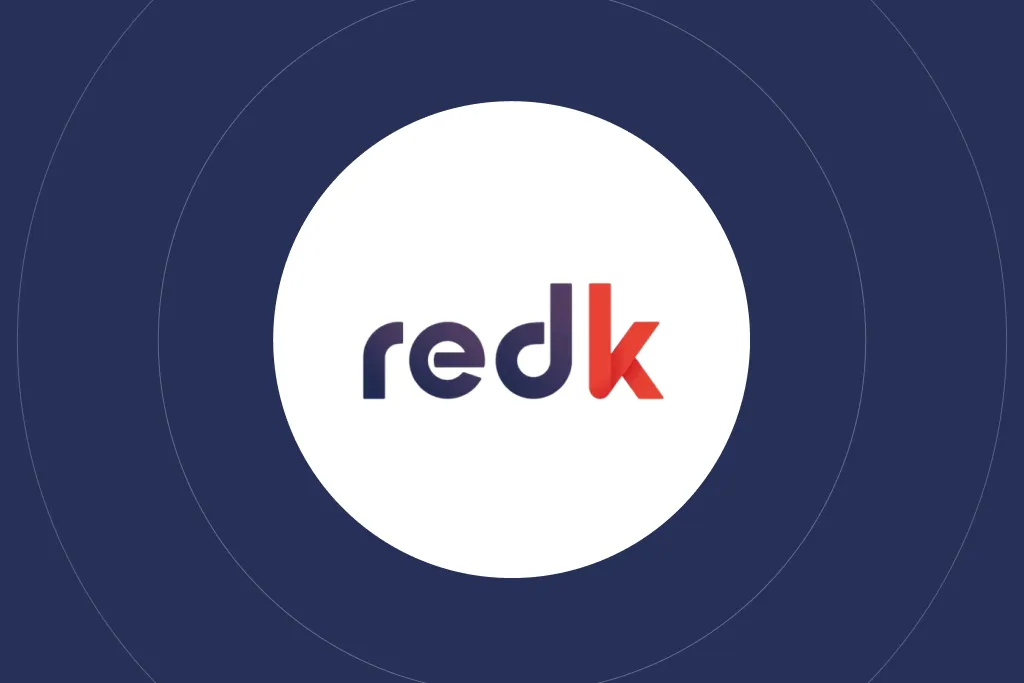Engaging your customers in real time is no longer optional. Discover how conversational marketing helps companies boost conversions, enhance loyalty, and deliver personalised experiences.
.png)
In an increasingly competitive and digitalised market, brands that can engage in real-time conversations with their customers will be the ones building strong, lasting relationships. Conversational marketing is not a passing trend – it represents a structural shift in how companies need to approach customer relationships.
This article explains what it is, why it’s critical in 2025, and how your organisation can start applying it effectively.
Conversational marketing enables two-way, real-time, personalised dialogue with your customers through the channels they use every day, such as SMS and WhatsApp. It moves away from “no-reply” messages and one-way campaigns, focusing instead on dynamic, interactive conversations where AI and human agents work together to provide fast responses, resolve queries, and escalate issues when needed.
By engaging customers on the channels they already use, conversational marketing broadens reach, drives higher engagement, and allows for personalisation at scale through unified data. At the same time, it improves operational efficiency by automating repetitive tasks and captures valuable zero-party data directly from each conversation, providing insights that can enhance marketing, sales, and service strategies.
Conversational marketing is more relevant than ever because it directly addresses key pain points faced by executives:
The conversational approach redefines the customer experience at every stage:
Reduce friction in e-commerce: recover abandoned carts, complete purchases directly in chat, and provide intelligent product recommendations.
Identify the right moment to offer improvements or additional services, answer questions in the same channel, and close sales without switching platforms.
Automate reminders and rescheduling via chat, reducing no-shows and making the experience effortless for customers.
Salesforce brings conversational marketing to life through an integrated stack. Marketing Cloud Next orchestrates journeys tailored to each customer’s behaviour, while Service Cloud Digital Engagement manages two-way interactions efficiently and consistently. Data Cloud provides a unified, real-time profile, and Agentforce acts as the conversational AI engine, driving personalisation and efficiency across every touchpoint. Together, these tools ensure every conversation is relevant, consistent, and seamlessly scalable, with the ability to escalate to a human agent when needed.
Adopting this approach doesn’t require a radical transformation on day one. The best path is to start small, focusing on a clear use case, measuring results, and scaling gradually. Success comes from quick iterations, learning from each interaction, and continuous optimisation. It’s also critical to align marketing, sales, and service teams from the beginning, ensuring integration with existing processes. And of course, compliance matters, particularly with GDPR when using WhatsApp and SMS.
Conversational marketing represents a paradigm shift: moving from talking “at” customers to conversing “with” them. For companies, it offers the opportunity to increase conversions, enhance the customer experience, and gather strategic, high-value data. At redk, as a Salesforce Consulting Partner, we help organisations identify the most relevant use cases, design tailored roadmaps, and integrate solutions such as Marketing Cloud Next and Agentforce, ensuring full adoption by your teams and measurable success at every stage.

